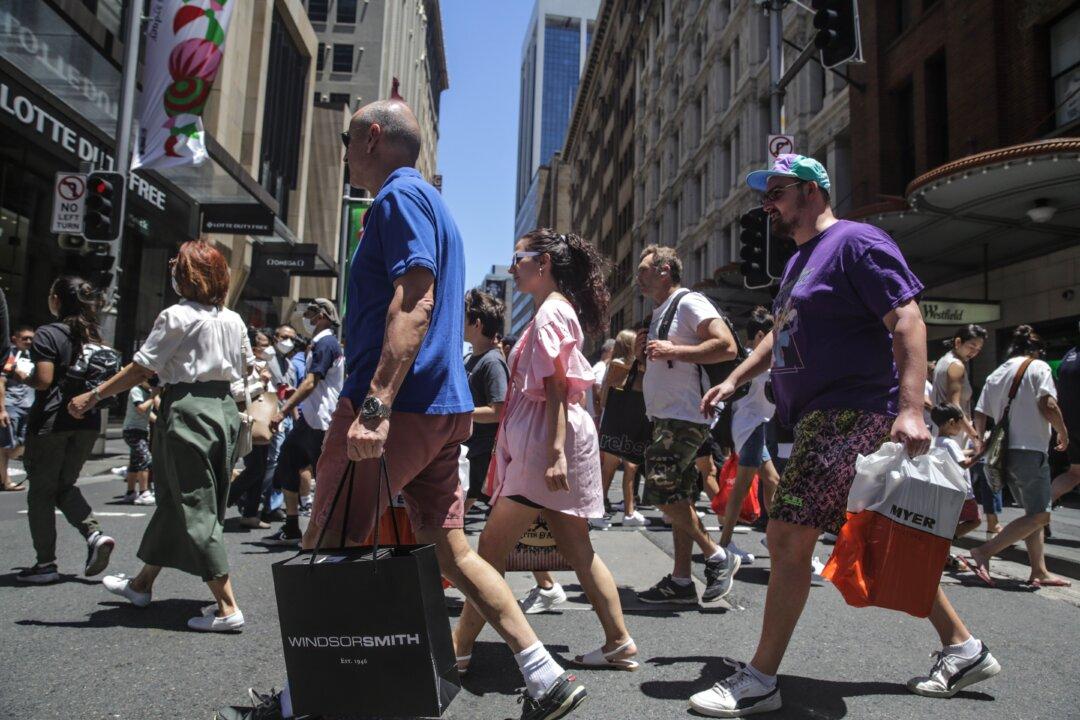Australia’s headline inflation has regained its growth momentum in the last three months, but economists predict no interest rate hike in August.
The latest data from the Australian Bureau of Statistics (ABS) showed that the consumer price index (CPI) rose by 3.8 percent in the 12 months to the June 2024 quarter, up from 3.6 percent in the March 2024 quarter.





